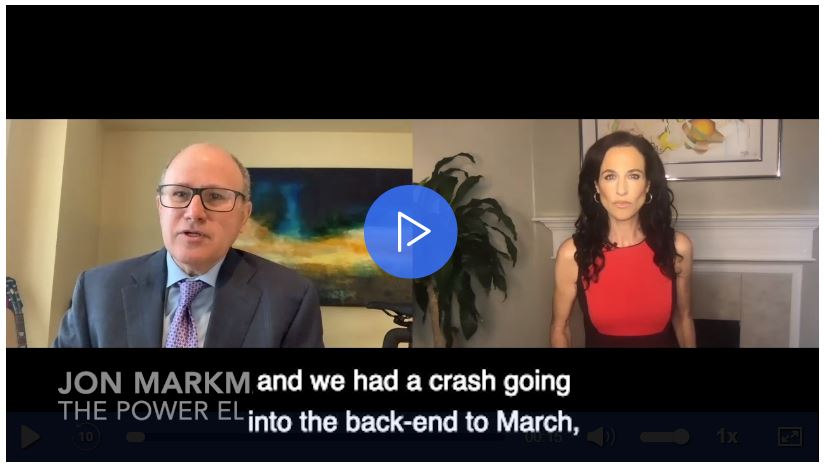I thought I’d strike a “price of everything, value of nothing” pose about Senate Majority Leader Mitch McConnell vis-a-vis Speaker Nancy Pelosi and Treasury Secretary Steve Mnuchin and the “stimulus talks.”
I thought I’d say McConnell won’t do any deal now because he and his Republican colleagues in the Senate are already getting ready to oppose a Biden administration.
I thought I’d note that, after blowing up both the deficit and the debt, again, the “conservative” party is about to have yet another “come to Jesus” moment and return to its fiscal liturgy.
I thought I’d conclude, “Well, sure; it is about power, after all, and not people.”
But, then, I listened to Jon Markman’s recent interview with Weiss Rating’s Financial Anchor Jessica Borg and I got a lesson in cynicism — specifically, that such punditry is best left to the “politics-knowers” who get paid to lament the state of things and that there’s more utility in less-gaudy realism.
In fact, we’ve enjoyed peaceful transfers of power among political opponents since March 1801; the trend is going on 220 years, and, as Jon sees it, it’s not likely to end this time:
The expectation right now — the expectation amongst amateurs, I would say — is that there's going to be a long, drawn-out process that's going to last for months and that the president is going to refuse to leave office. I don't think that’s going to happen. That's the consensus view. The consensus is usually wrong. I think there’s going to be a winner declared on the night of Nov. 3, and, then, we'll have a smooth transition going into the inauguration in January.
Indeed, you might even say there’s room for a lot of optimism about markets post-election and well beyond:
I think people are always worried about something in the market. We call it the “wall of worry.” And the “wall of worry” occurs because people are always worried about something. You know, 10 years ago, people were worried about European debt. They were worried about the Greek economy collapsing … they've been worried about this election. Well, there’s always a worry.
There’s always something, something bad. There's always some reason to keep you out of the market. But the market has been proven to be the single-best creator of wealth for the middle class, in addition to their homes. And I would recommend people not get scared out of it.
Here’s Jessica’s interview with Jon again:
 |
From an investor’s perspective, the first thing about politics is that you should ignore it. Politics has no place in the buy-hold-sell decision-making process for stocks or any other asset class. Politics, as played in the United States, is a short-term game.
The S&P 500 Index’s long march higher over time, through administrations “red” and “blue,” attests to the reality that equity markets are apolitical.
At the same time, when it comes to the folks who run for and win elective office at the highest levels, even the most serious policy wonks are no better bellwethers of financial-market indexes than the least credible carnival-barkers.
Let them do their thing. Early in the October 2020 issue of The Power Elite, Jon notes, “Let me be perfectly clear: Politics and the election, regardless how messy they get in the end, will not matter. If you view the November vote as a touchstone, you’re looking in the wrong place.”
“There are larger trends at work,” he explains, “and, one way or another, they will play out. They always do.”
All the best,
David Dittman
